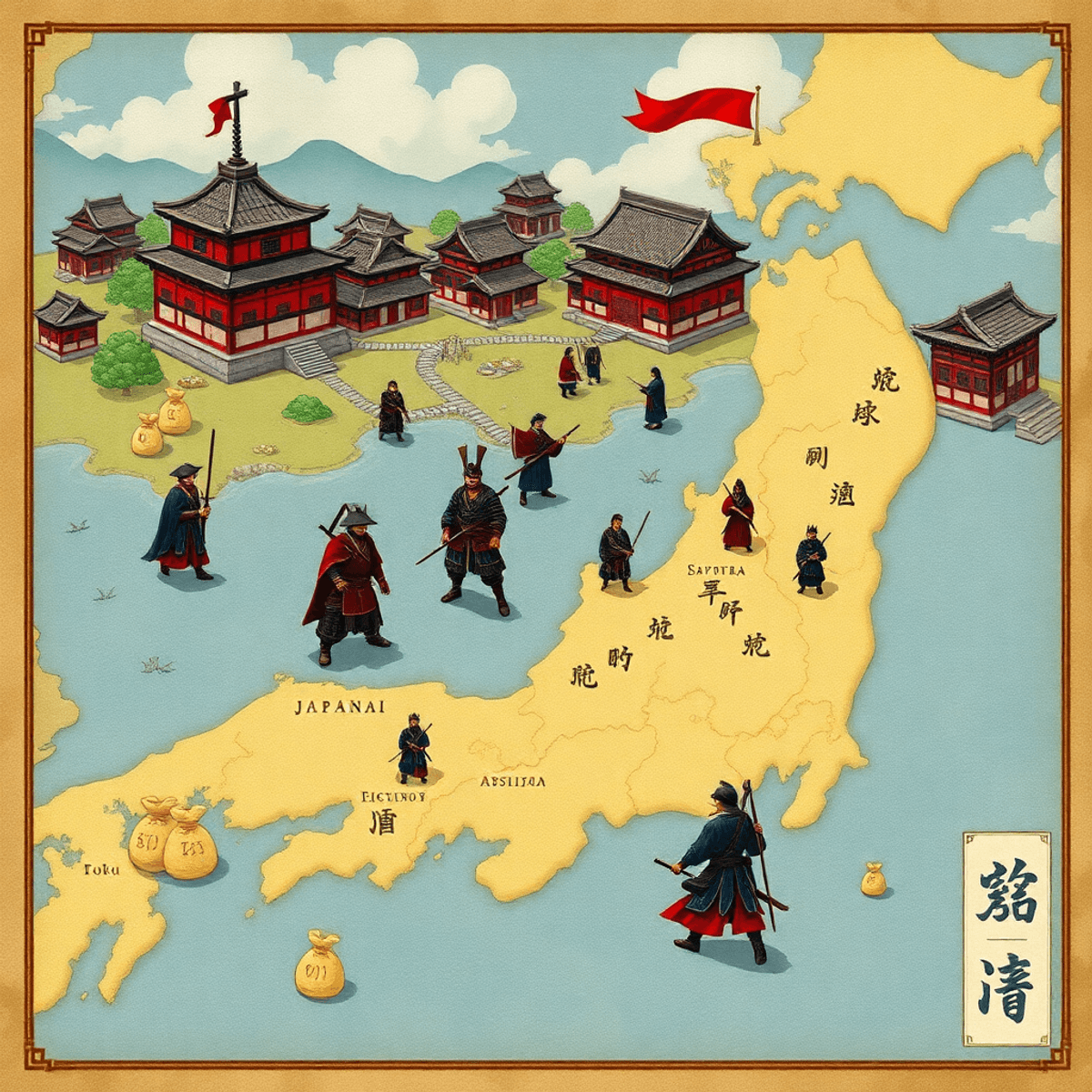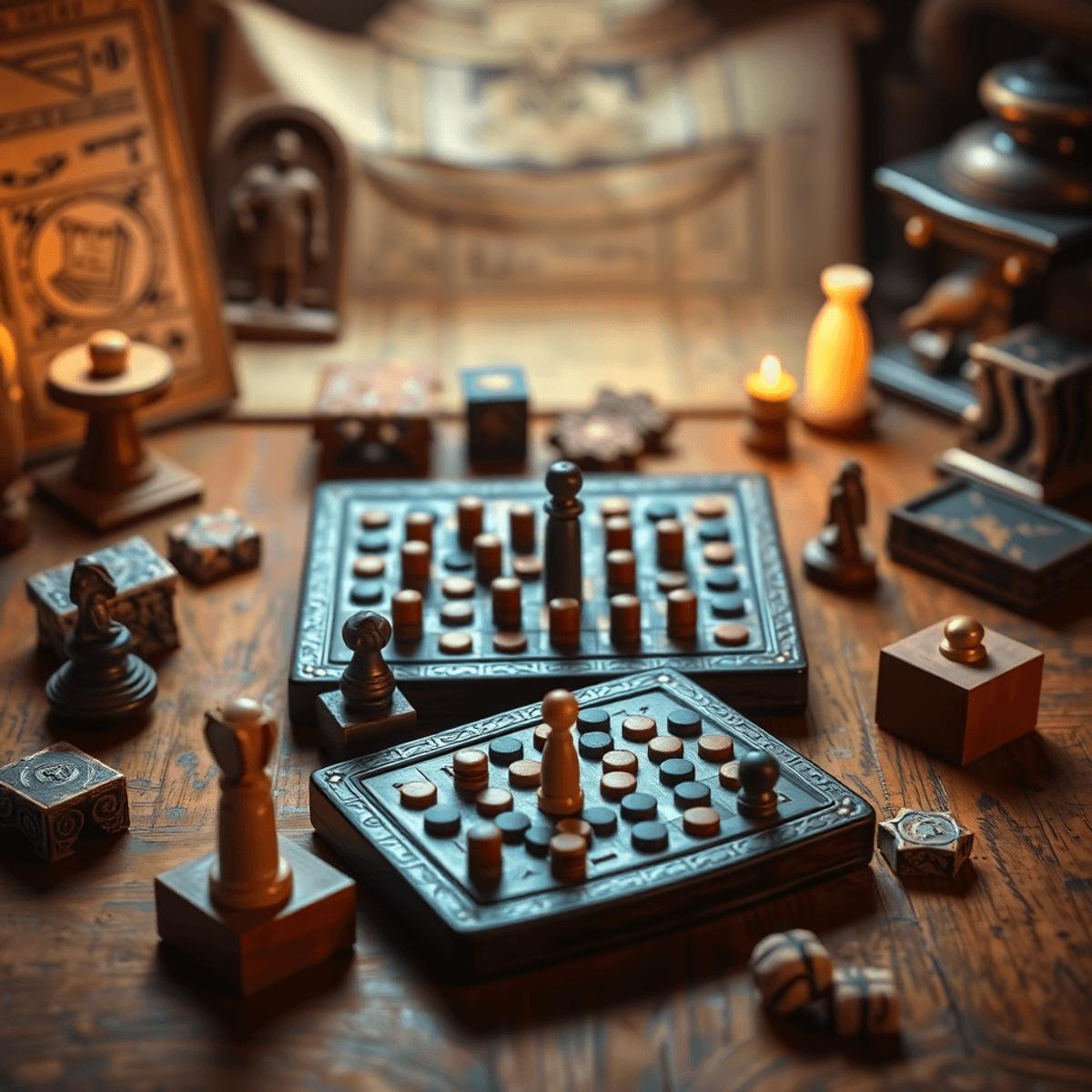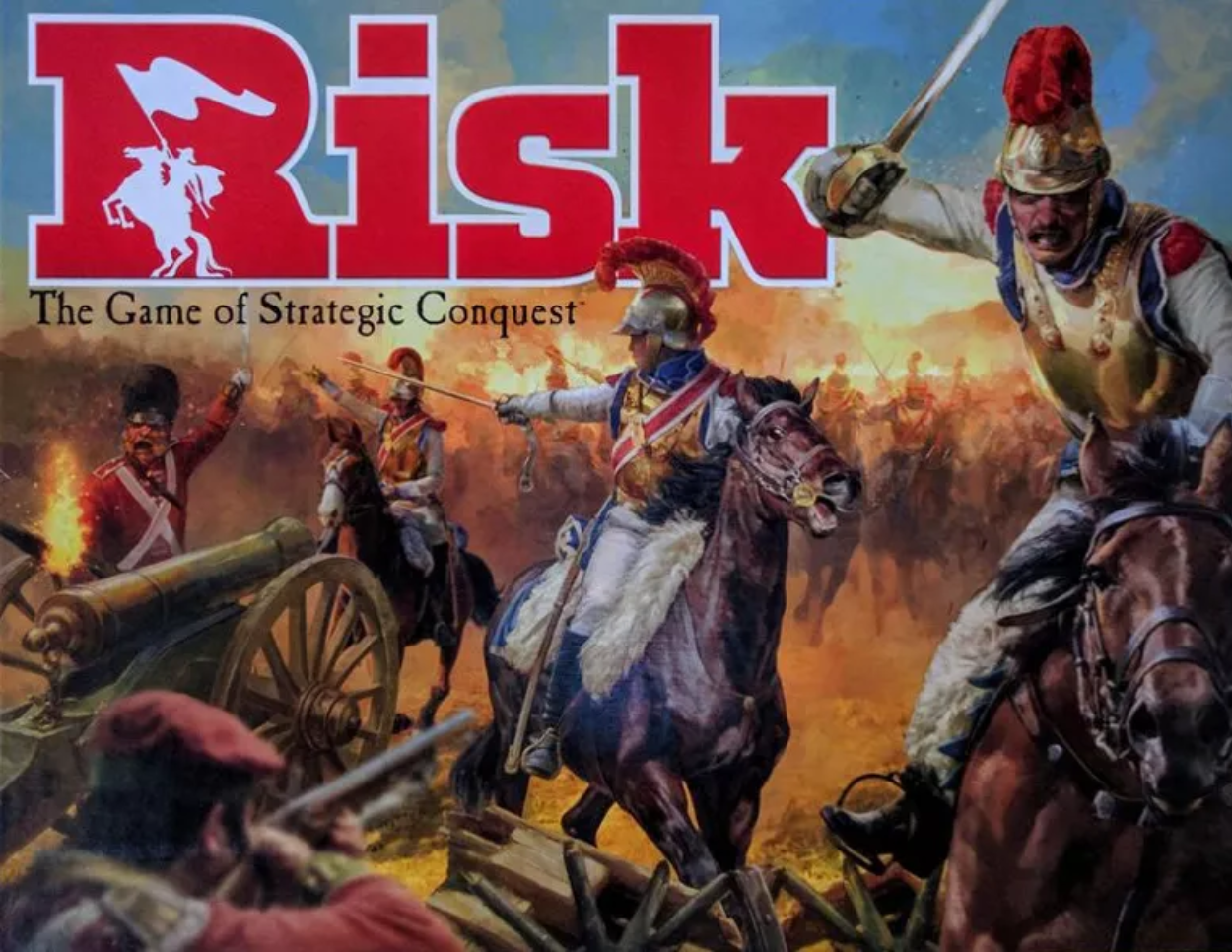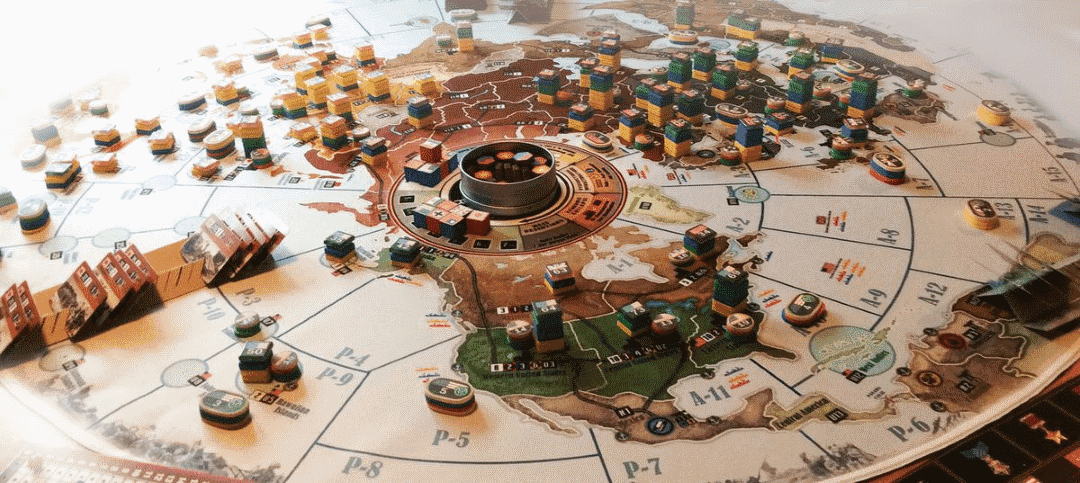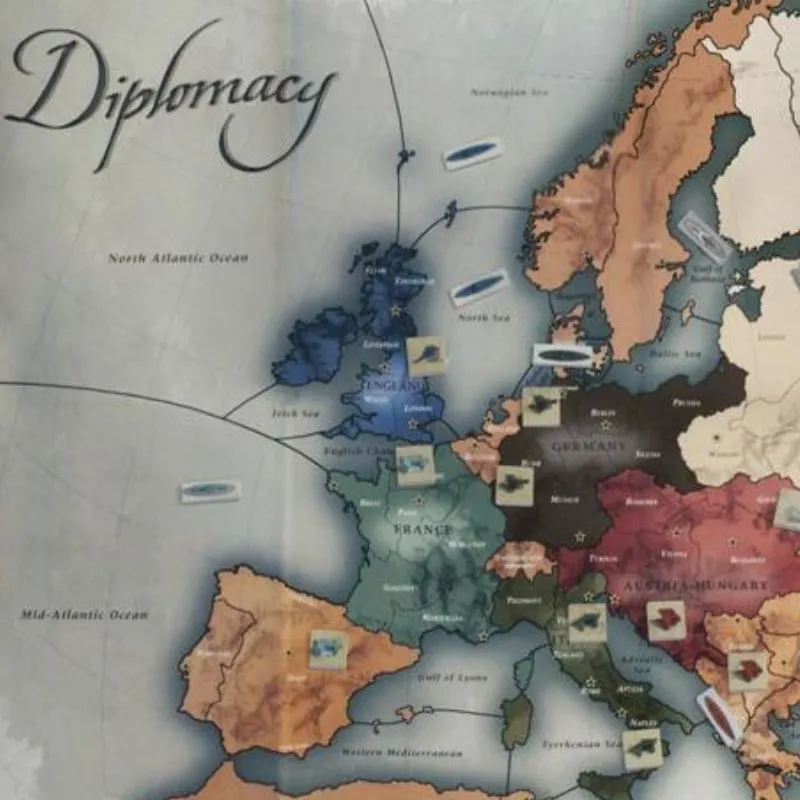
Featured Image Source - Avalon HillDiplomacy is a strategic board game that has fascinated world leaders, including President John F. Kennedy. His fondness for this intricate game of negotiation and conquest highlights its intellectual charm. The 35th President would often play matches during his free time at the White House, drawing connections between the game’s complex interactions and global politics. The interesting history of Diplomacy board game is another fascinating thing.
Since its inception in 1954, this classic strategy board game has captivated players’ imaginations. Its distinctive combination of strategic depth, social manipulation, and psychological tactics has left a lasting impact on gamers, politicians, and strategists alike. Whether it’s casual games at home or competitive tournaments, Diplomacy remains a test of skill and negotiation abilities.
Diplomacy Board Game in History
Allan B. Calhamer crafted Diplomacy during his time at Harvard Law School in 1954. His fascination with 19th-century European politics and power dynamics sparked the creation of this groundbreaking strategy game. The initial prototype underwent rigorous testing among his fellow students, who helped refine the mechanics through countless play sessions.
The game’s setting captures the powder keg of pre-World War I Europe, a time of shifting alliances and delicate political balance. Calhamer’s design brilliantly reflects this historical period, where seven major powers vied for dominance through diplomatic maneuvering and military might.
After several years of development, Games Research Inc. published Diplomacy commercially in 1959. The game’s unique approach to strategy – eliminating chance elements in favor of pure negotiation – set it apart from traditional board games of the era. The initial release included detailed maps of 1914 Europe, complete with the authentic borders and strategic locations that would become battlegrounds for players’ diplomatic conflicts.
Game Mechanics and Structure
Diplomacy’s gameplay revolves around seven major European powers, each controlled by a single player:
- Great Britain
- France
- Germany
- Italy
- Austria-Hungary
- Russia
- Ottoman Empire (Turkey)
Each power starts with specific territories and units, aiming to capture and hold supply centers – strategic locations that enable the creation of additional military forces. The ultimate victory condition requires controlling 18 supply centers, nearly half of the 34 available on the map.

Deterministic Nature
The game’s distinctive feature lies in its deterministic nature – no dice rolls or random elements influence outcomes. Instead, success depends on diplomatic negotiations between players during dedicated phases. These negotiations occur in private, allowing players to form alliances, plan joint operations, or devise deceptive strategies.
Simultaneous Order Resolution
Players simultaneously submit written orders for their units, which can include movements, supports, or convoy actions. When orders are revealed, all actions resolve according to strict rules of precedence, creating intense moments as alliances hold or crumble under pressure.
Structured Turn Sequence
The official rules of Diplomacy establish a structured turn sequence:
- Diplomatic Phase – Players negotiate freely
- Order Writing – All players secretly record their moves
- Order Resolution – All orders are revealed and executed
- Retreat and Disbanding – Failed units must retreat or disband
- Supply Center Counting – Players adjust unit numbers based on controlled centers
Strategic Depth and Social Interaction
The heart of Diplomacy lies in its negotiation phases, where players engage in private discussions to form alliances, plan coordinated attacks, and craft intricate strategies. These face-to-face interactions create a dynamic social environment where persuasion and trust-building become essential weapons.
Players must master the art of reading body language, detecting deception, and building credible relationships. A successful strategy often involves:
- Creating convincing narratives to justify actions
- Building trust through small collaborative moves
- Identifying opportune moments for tactical betrayals
- Managing multiple alliances simultaneously
The game’s social dynamics mirror real-world diplomatic relations, where psychological warfare plays a crucial role. Players who excel at Diplomacy typically demonstrate strong emotional intelligence and negotiation skills. The ability to maintain composure while executing complex strategies – including necessary betrayals – separates skilled players from novices.
A player’s reputation across multiple games becomes a strategic asset or liability, adding another layer of complexity to the social chess match that unfolds on the board.
JFK and His Connection to Diplomacy
John F. Kennedy’s fascination with Diplomacy extended beyond casual entertainment – it became a strategic thinking tool during his presidency. The game’s intricate balance of power dynamics resonated deeply with Kennedy’s approach to international relations during the Cold War era.
White House staff members reported regular Diplomacy sessions in the West Wing, where Kennedy demonstrated his diplomatic prowess through careful alliance-building and strategic negotiations. His preferred strategy often involved playing as France or England, leveraging these nations’ geographic positions to maintain strategic flexibility.
Henry Kissinger, another notable Diplomacy enthusiast, shared Kennedy’s appreciation for the game’s realistic portrayal of international relations. Both statesmen recognized how the game’s mechanics mirrored real-world diplomatic challenges:
- Building trust while maintaining strategic advantages
- Managing multiple international relationships simultaneously
- Calculating risks in complex geopolitical situations
Kennedy’s gaming sessions often included cabinet members and advisors, creating an informal environment for testing diplomatic strategies. These games reportedly influenced his handling of critical situations, including the Cuban Missile Crisis, where careful negotiation and strategic positioning proved crucial.
Cultural Impact and Popularity
In history Diplomacy game has a reputation as a “friendship destroyer” and it has become legendary in the board gaming community. The game’s intense negotiations, strategic deception, and inevitable betrayals have sparked heated arguments and strained relationships among players. A single match can stretch for 8+ hours, creating an emotionally charged atmosphere where alliances form and shatter.
The game’s influence extends far beyond casual gaming circles. Silicon Valley tech executives embrace it as a test of negotiation skills, while academic institutions use it to teach international relations. Reddit communities dedicated to Diplomacy strategy boast thousands of members, sharing tactics and war stories.
Modern board game cafes and meetup groups have introduced Diplomacy to new generations of players. The game’s popularity has surged with the rise of face-to-face gaming events and conventions such as those organized by Dexposure, which attract players from diverse backgrounds – from seasoned strategists to curious newcomers drawn to its unique blend of psychology and tactical warfare.
Spin-offs and Variants
Diplomacy’s enduring influence has inspired many creative adaptations in various settings and platforms.
Notable Variants
- Colonial Diplomacy – Set during the age of imperialism in Asia
- Machiavelli – Features Renaissance Italy with enhanced economic mechanics
- Modern Diplomacy – Updates the game to contemporary geopolitics
- Space Diplomacy – Reimagines conflicts across interstellar empires
Ancient Mediterranean Variant
The Ancient Mediterranean variant transports players to classical antiquity, replacing European powers with ancient civilizations like Rome, Carthage, and Egypt.
Digital Adaptations
Digital adaptations have introduced innovative features while preserving the game’s strategic core.
- Realpolitik incorporates real-time elements and expanded diplomatic options.
- The Conspiracy mobile app streamlines gameplay for shorter sessions.
Fan-Created Variants
Fan-created variants have experimented with player counts, map configurations, and victory conditions.
- The World War II variant adds neutral territories and specific historical scenarios.
These adaptations demonstrate Diplomacy’s versatility as a framework for strategic negotiation across different contexts and play styles.
Competitive Scene and Online Play
The World Diplomacy Convention is the biggest event for competitive Diplomacy, attracting top players from around the world. In these tournaments, players compete in high-stakes matches where they must negotiate skillfully and think strategically under time constraints. Winning the WDC brings immense respect within the Diplomacy community, with previous champions becoming legends among fans.
The Impact of Digital Platforms
Digital platforms have completely changed the way players enjoy Diplomacy. Websites like Backstabbr and PlayDiplomacy provide advanced interfaces for long-term matches, enabling players to engage in games that last weeks or even months. These platforms use automated systems to resolve conflicts and ensure secure order submissions while still preserving the core negotiation aspects of the game through private messaging features.
Growth of Regional Tournaments and Leagues
The competitive scene has grown with the introduction of regional tournaments and leagues. The North American Diplomacy Federation hosts regular in-person tournaments, while European championships attract hundreds of participants each year. Online tournaments have also become increasingly popular, with various platforms organizing their own championships and ranking systems for competitive play.
Conclusion
The history of board game Diplomacy stretches far beyond its origins as JFK’s favorite game. This masterpiece of strategic gaming has shaped diplomatic thinking and social interaction for over six decades. Its unique blend of psychology, strategy, and negotiation continues to challenge players in ways few other games can match.
The game’s enduring appeal lies in its ability to mirror real-world diplomatic relations while providing an engaging platform for developing critical thinking and negotiation skills. From casual living room sessions to high-stakes tournament play, Diplomacy remains a testament to the power of human interaction in gaming.
The legacy of JFK’s favorite game lives on through modern digital adaptations and a thriving global community, proving that genuine human connection and strategic depth never go out of style. As new generations discover its intricate gameplay, Diplomacy stands as a timeless reminder that the art of negotiation and strategy transcends technological advancement.
If you want to learn more about history of war and historical board games check our in depth guide – Board Games of War: How Conflict and Strategy Shaped Gaming History.


